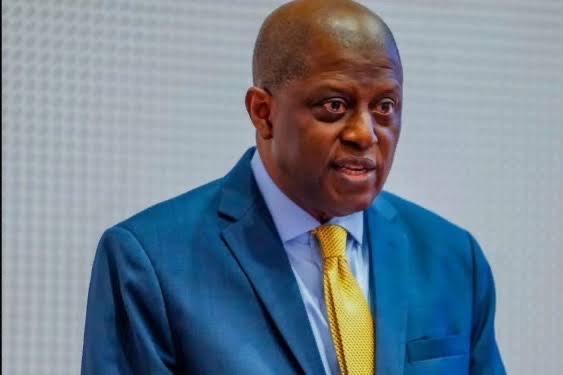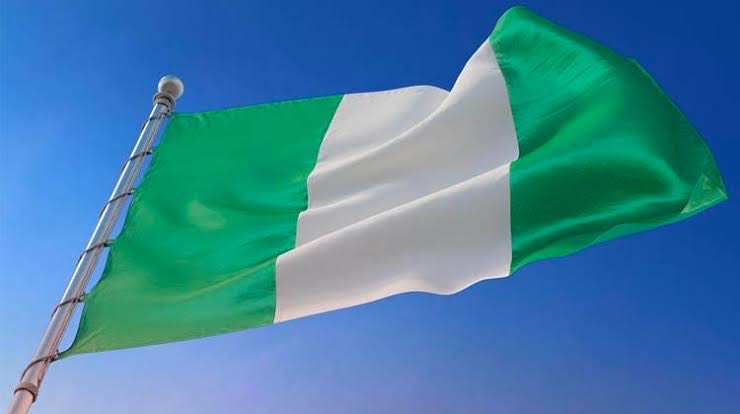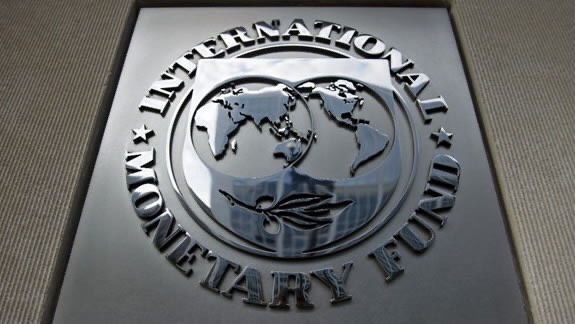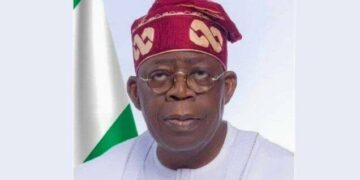The International Monetary Fund has projected that the Nigerian economy will experience a significant expansion, reaching a purchasing power parity value of $1.85 trillion by 2029.
These forecasts suggest a significant growth trajectory for the country’s economy over the next five years.
According to IMF data, Nigeria’s gross domestic product in PPP terms has increased steadily from $1.36 trillion in 2023 to $1.852 billion in 2029. GDP is the most commonly used single measure of a country’s overall economic activity. PPP is a theory that relates changes in exchange rates to changes in price levels between countries, allowing for more accurate comparisons of foreign economic data. The data shows a steady growth trend, with a notable increase of 5.5% expected by 2029.

The Fund also predicts that Nigeria’s share in global GDP based on PPP will reach 0.78% in 2029. This represents a slight decline from 0.77% in 2023, indicating a steady growth trajectory for the country’s economy. Data shows that the Nigerian economy is growing gradually, albeit slowly, and this trend is expected to continue over the next five years.
The country’s share of global GDP remains relatively stable, fluctuating between 0.775% and 0.778% from 2024 to 2028. Economists say this positive outlook reflects the country’s efforts to diversify its economy, invest in infrastructure, and promote foreign investment.

Nigeria, Africa’s largest economy, has faced significant challenges in recent years, including the 2020 recession caused by the COVID-19 pandemic and falling oil prices.
Economist Shadrach Israel, in an interview with Reporters, said: “IMF reports indicate that government reforms and initiatives have contributed to the growth of the country’s economy. Nigeria’s GDP development in PPP terms over the past few years shows recovery and steady growth.”
In 2024, the country’s GDP in PPP terms is $1.44 trillion, rising to $1.51 trillion in 2025 and $1.587 trillion in 2026. Growth continues in 2027, with GDP (PPP) is 1,670 billion USD and 1,759 billion USD in 2028.
“The IMF’s forecast for Nigeria’s economic growth is a positive sign for the country’s future, indicating the potential for greater prosperity and economic development,” Israel noted.

































